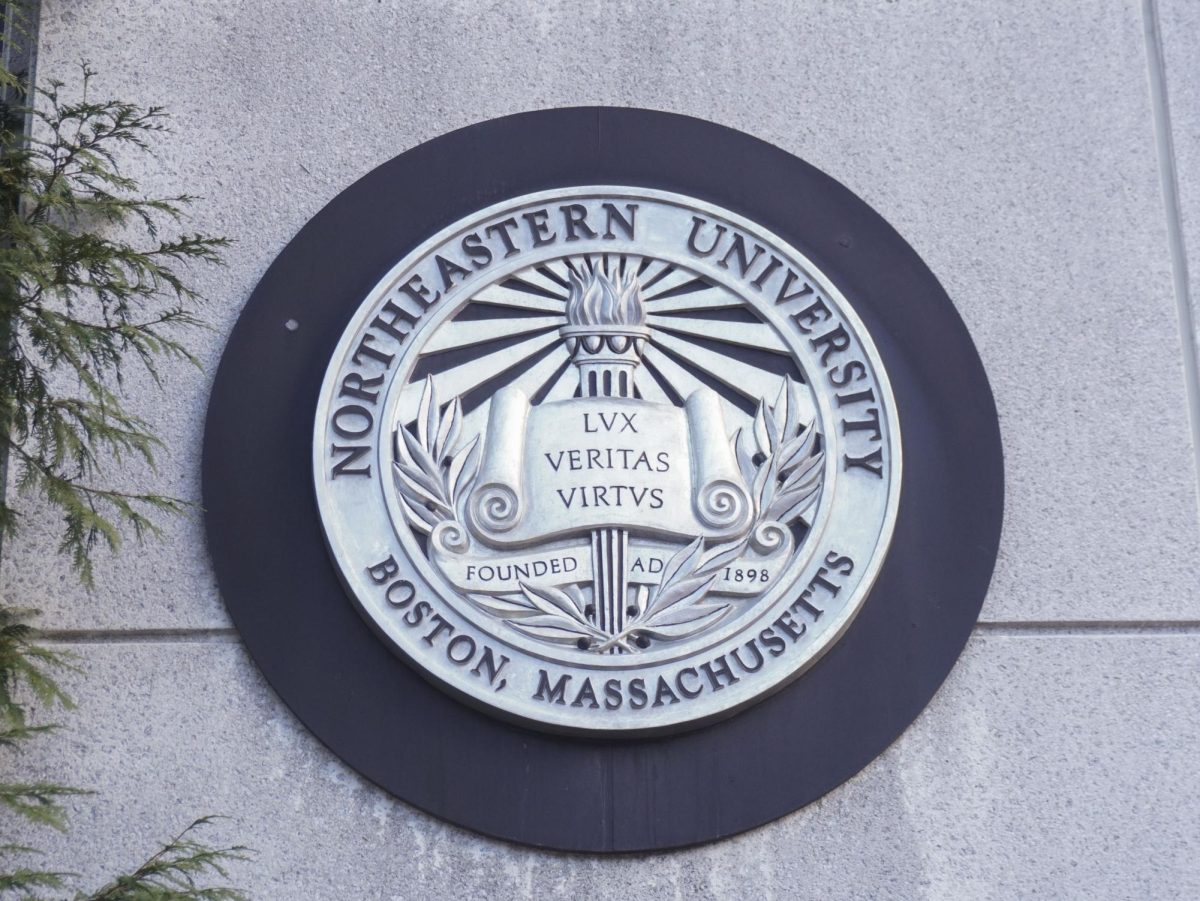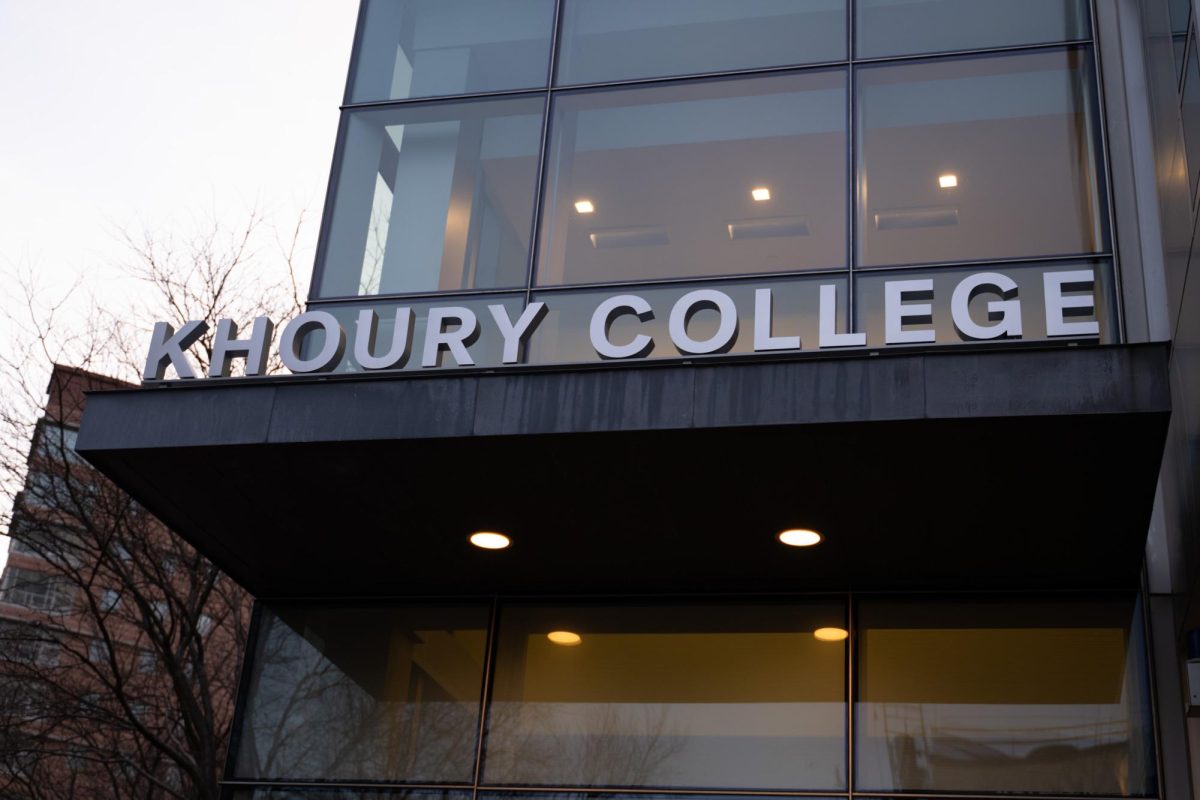By Steve Babcock
Northeastern’s growing array of issues surrounding semester conversion and various other changes to student life are giving the Student Government Association a lot to consider in the already fast-paced winter quarter.
The students’ outlet for grievances and praise of life at Northeastern convened on Thursday for the first meeting of the winter. While the meeting featured the institutionally-mandated midterm reviews, it also served as a precursor to what SGA President Richard Schwabacher deemed “a big, big quarter for us.”
One of the main reasons for the importance of this quarter is the looming semester conversion, set to be instated in the fall of 2003. In the past, SGA has had several presentations by some of the people responsible for configuring the university’s transition from a quarterly academic calendar to a semester calendar.
For the SGA, understanding the academic conditions of semester conversion proves to be somewhat frustrating.
As Schwabacher said at a past meeting, “We’ve had these people in here three times, and many of us are still lost as to what is going on both academically and financially when the university converts to semesters.”
In response to this apparent communication breach between the university and students, as well as the dwindling amount of time left before the conversion is complete, Student Government will have Northeastern Provost Ahmed T. Abdelal and others heading the semester conversion program make what President Richard Freeland and SGA hopes is a more in-depth presentation concerning the details of the process.
Schwabacher seemed confident that SGA will be more active in terms of bold questioning of the presenters this time around.
“We’re going to take it to them,” he said emphatically.
While semester conversion marks a university-wide process that SGA is helping to communicate and inform students about as well as evaluate the process, SGA also has its own project that will come to a head during the winter quarter. On Feb. 2, voting on the referendum to raise the Student Activities fee, a program which SGA has organized and promoted largely on its own,will begin.
While the actual voting for the referendum will be conducted through the myNEU Website, the main job of SGA members now lies in spreading information about the referendum.
Officially introduced in October, the referendum’s eventual goal is to raise the Student Activities fee, and in turn provide more funding for activities on campus.
“The current fee,” SGA has argued, “is left over from the university’s days as a commuter school.”
Also announced at the meeting was the first ever SGA debate between candidates for an administrative position within the organization. The debate will take place on Jan. 21 at 5 p.m. in the Egan Research Center. Participants in the event will be vying for the office of Vice President of Academic Affairs. According to the SGA constitution, the vice president acts as the major liaison between SGA and other student groups, as well as the university’s Office of Student Conduct and Conflict Resolution.
In an interview discussing the business of the quarter, Schwabacher reiterated the idea of SGA’s actions serving the students. However, he also seemed to have a personal stake in the events that will transpire in what is seemingly shaping up to be a busy quarter for SGA.
“This quarter is crunch-time,” he said. “Many decisions are being made that are going to affect the students, and it’s also what I’m going to be remembered for.”









